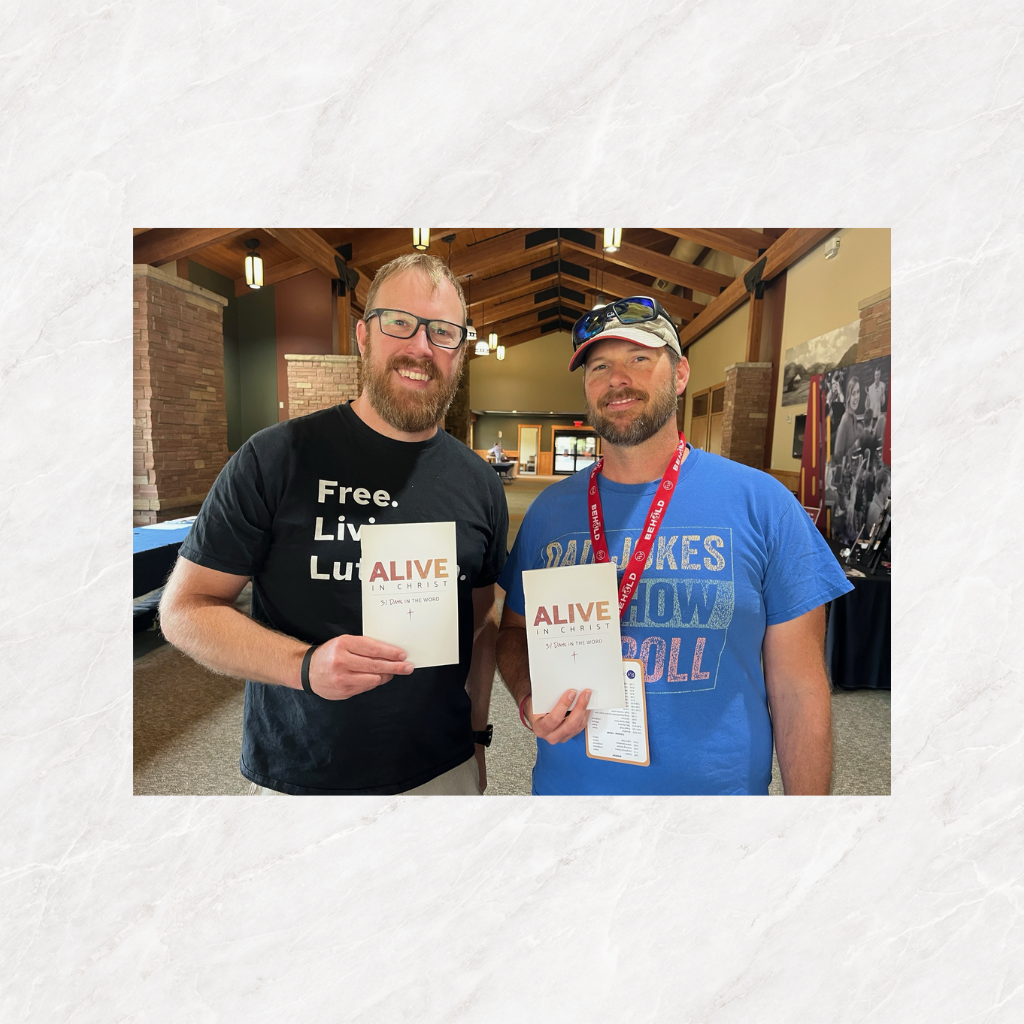Reviews
Trials of Theology: Becoming a ‘Proven Worker’ in a Dangerous Business

If you would like to read one book that summarizes the attempt of seminaries to impart pastoral wisdom to its students, The Trials of Theology: Becoming a ‘Proven Worker’ in a Dangerous Business is such a book. This little (190-page) book, using theologians from the past and present, attempts to encapsulate fundamental pastoral training.
Part one of the book includes an impressive list of theologians/authors from the past: Augustine, Martin Luther, C. H. Spurgeon, B. B. Warfield, Dietrich Bonhoeffer, and C. S. Lewis. Each theologian’s teaching and advice was given a chapter and included several personal quotes. Because I have read little of him before, I was especially interested in the chapter featuring B. B. Warfield. Warfield tackles the tension of an educated clergy versus a godly clergy. Warfield opposes such a dichotomy, “Why should you turn from God when you turn to your books, or feel that you must turn from your books in order to turn to God? If learning and devotion are as antagonistic as that, then the intellectual life is in itself accursed, and there can be no question of a religious life for a student, even of theology” (p.51).
Part two of the book is comprised of current theologians, each writing about his particular area of theology: D. A. Carson and Biblical Studies, Carl Trueman and Church History, Gerald Bray and Systematic Theology, Dennis Hollinger and Christian Ethics, and John Woodhouse and the Theological College. Each theologian writes about his area of expertise with special concern for the practicality of the discipline. For instance, Gerald Bray articulates his concern that while Systematic Theology is popular among some students, the concern is that it be applied to ministry and not just theoretical. He writes, “Late-night discussions of supralapsarianism or annihilationism, replete with obscure quotations (preferably in Latin or German), energize them in a way that nothing else can. They are usually so caught up in what they are doing that they fail to see that they are alienating almost everyone else, confirming the fears of other people that systematic theology has no relationship to everyday life” (p.150). Bray explains that Systematic Theology is practical and that it comes in handy when the pastor must come up with an answer to a difficult question quickly: “Only a man with a well-grounded systematic mindset is likely to be able to think the issues through deeply enough to be able to come up with a viable answer in the short time that is usually available to him” (p.160).
The Trials of Theology is a worthwhile book for any pastor or seminary student to read and have on his shelf for further reference. I heartily recommend it!
Dr. James Molstre
Free Lutheran Seminary Dean
Plymouth, MN
Order your copy here: Ambassador Publications Online Store

Prayer Partners in Christian Education

Presents with Presence

